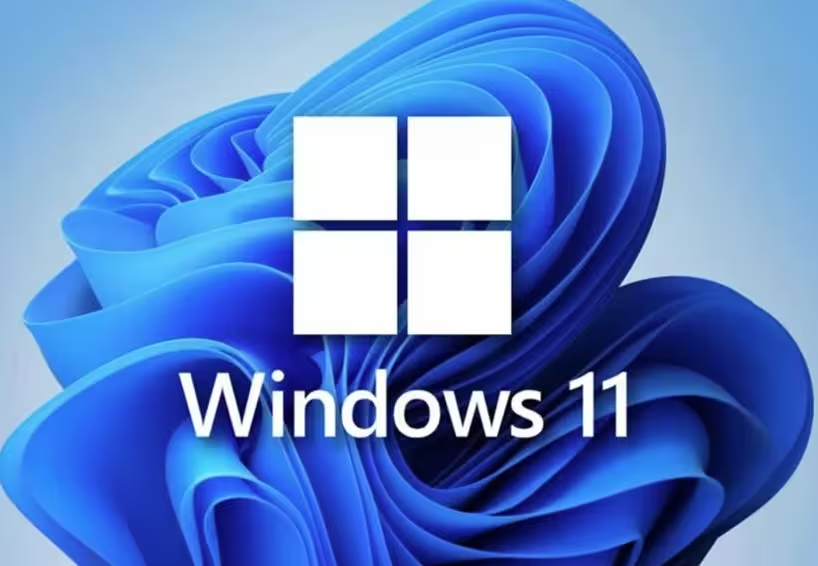If you’re facing the Windows 11 update error 0x80070020, you’re not alone. Many users encounter this frustrating issue while trying to update their systems. This error typically arises due to interference from third-party software, issues with system files, or even problems within the Windows update service itself. But don’t worry, there are several ways to resolve this problem and get your system back on track.
Understanding Windows 11 Update Error 0x80070020
Before diving into the solutions, it’s important to understand what causes the Windows 11 update error 0x80070020. This error usually occurs when a program is interfering with the update process. This could be due to antivirus software, disk corruption, or even registry issues. In some cases, the error might also stem from a previous Windows update that didn’t install correctly.
Steps to Fix Windows 11 Update Error 0x80070020
Let’s walk through the steps you can take to fix the Windows 11 update error 0x80070020 on your computer.
1. Run the Windows Update Troubleshooter
The first step is to run the built-in Windows Update Troubleshooter. This tool automatically detects and attempts to fix problems with Windows Update.
- Go to Settings > System > Troubleshoot.
- Select Other troubleshooters.
- Click Run next to Windows Update.
The troubleshooter will scan for issues and try to resolve the Windows 11 update error 0x80070020.
2. Disable Third-Party Antivirus Software
Sometimes, third-party antivirus software can interfere with the update process. Temporarily disabling your antivirus software might resolve the error.
- Open your antivirus software.
- Look for the option to disable protection temporarily.
- Attempt the Windows update again.
If the Windows 11 update error 0x80070020 is resolved, consider adding an exception for Windows Update in your antivirus settings.
3. Check and Repair System Files
Corrupted system files can also lead to update errors. Use the System File Checker (SFC) to scan and repair these files.
- Open Command Prompt as an administrator.
- Type
sfc /scannowand press Enter. - Wait for the scan to complete, then try updating Windows again.
This process might take some time, but it can fix the underlying issues causing the Windows 11 update error 0x80070020.
4. Reset Windows Update Components
If the error persists, resetting the Windows Update components might help.
- Open Command Prompt as an administrator.
- Run the following commands one by one:
arduino
net stop wuauserv
net stop cryptSvc
net stop bits
net stop msiserver
ren C:\Windows\SoftwareDistribution SoftwareDistribution.old
ren C:\Windows\System32\catroot2 Catroot2.old
net start wuauserv
net start cryptSvc
net start bits
net start msiserver
This will reset the Windows Update components, potentially resolving the Windows 11 update error 0x80070020.
5. Perform a Clean Boot
A clean boot starts Windows with a minimal set of drivers and startup programs, which can help identify if background services are causing the update error.
- Press Windows + R, type
msconfig, and press Enter. - Go to the Services tab, check Hide all Microsoft services, and click Disable all.
- Go to the Startup tab and click Open Task Manager.
- Disable all startup items, then close Task Manager.
- Click OK and restart your computer.
After the restart, try updating Windows again to see if the Windows 11 update error 0x80070020 is resolved.
Conclusion: August 10, 2024
Dealing with the Windows 11 update error 0x80070020 can be frustrating, but with the right steps, you can troubleshoot and resolve the issue. By running the Windows Update Troubleshooter, disabling third-party antivirus software, checking system files, resetting Windows Update components, or performing a clean boot, you can get your updates back on track. Remember, it’s always a good idea to keep your system backed up before making significant changes.

